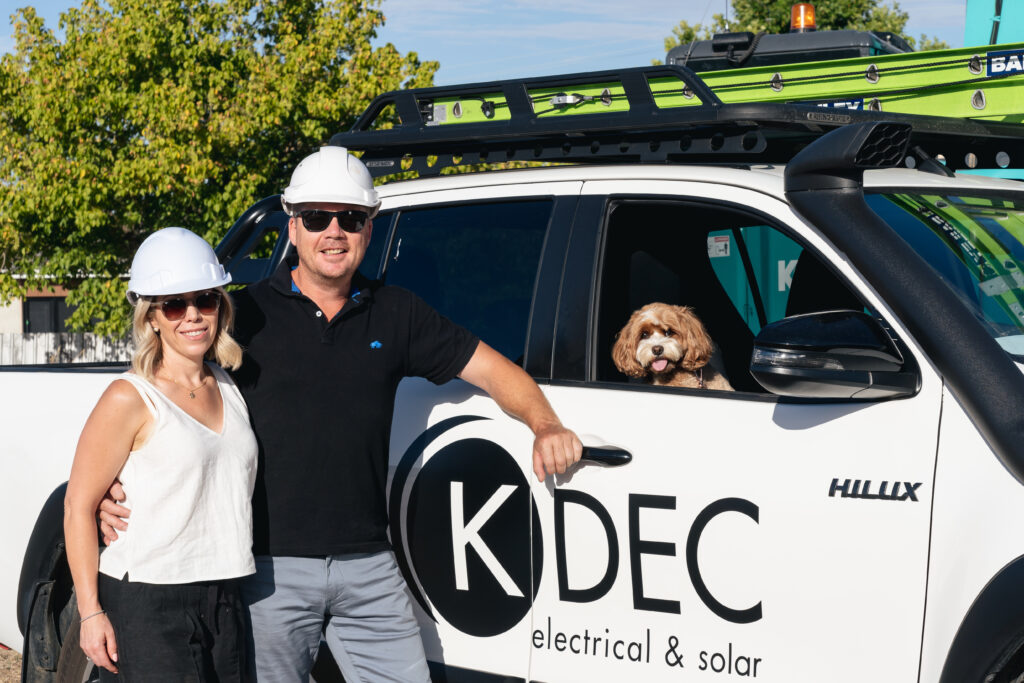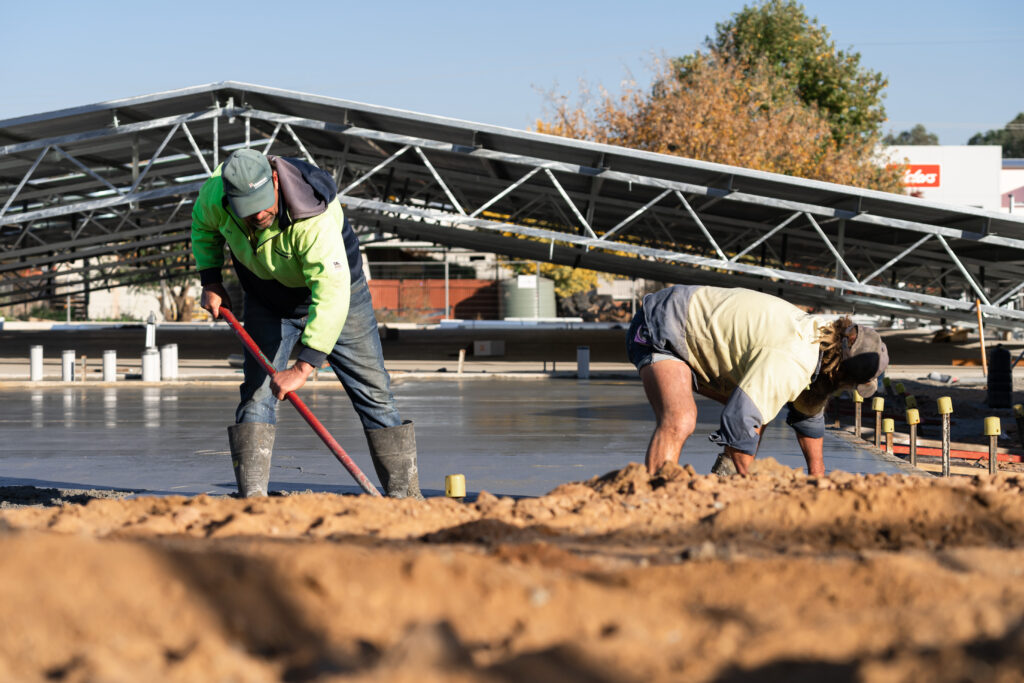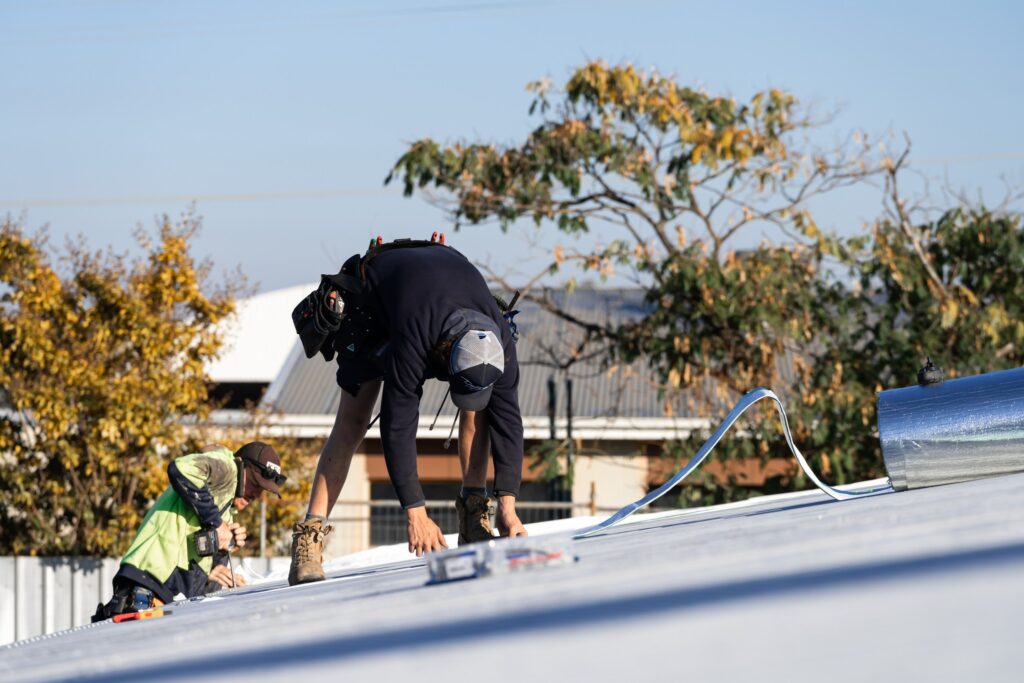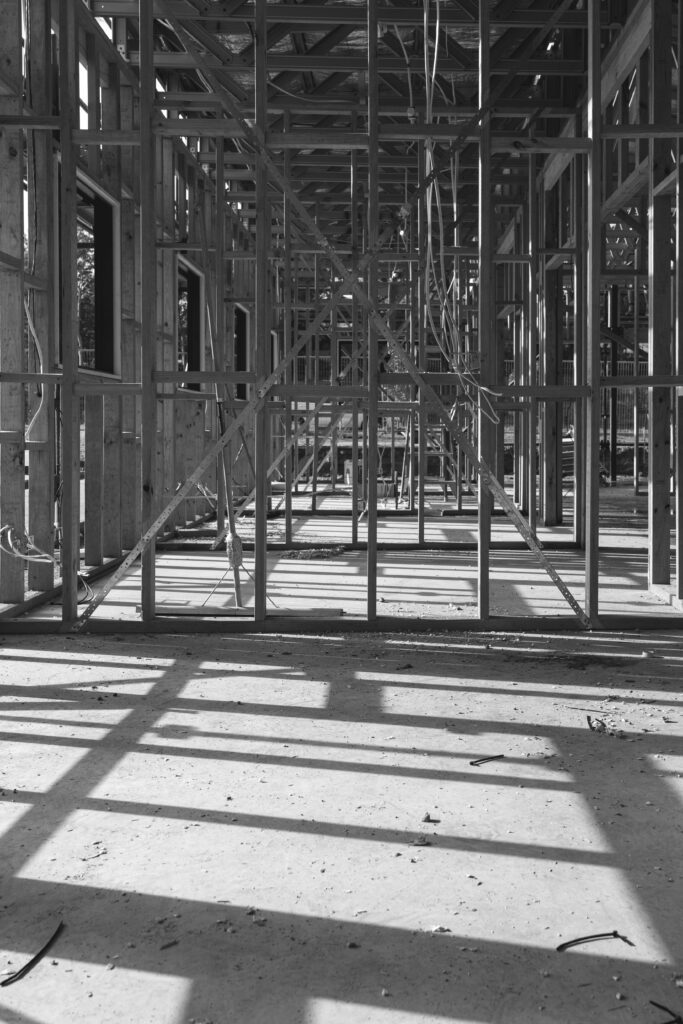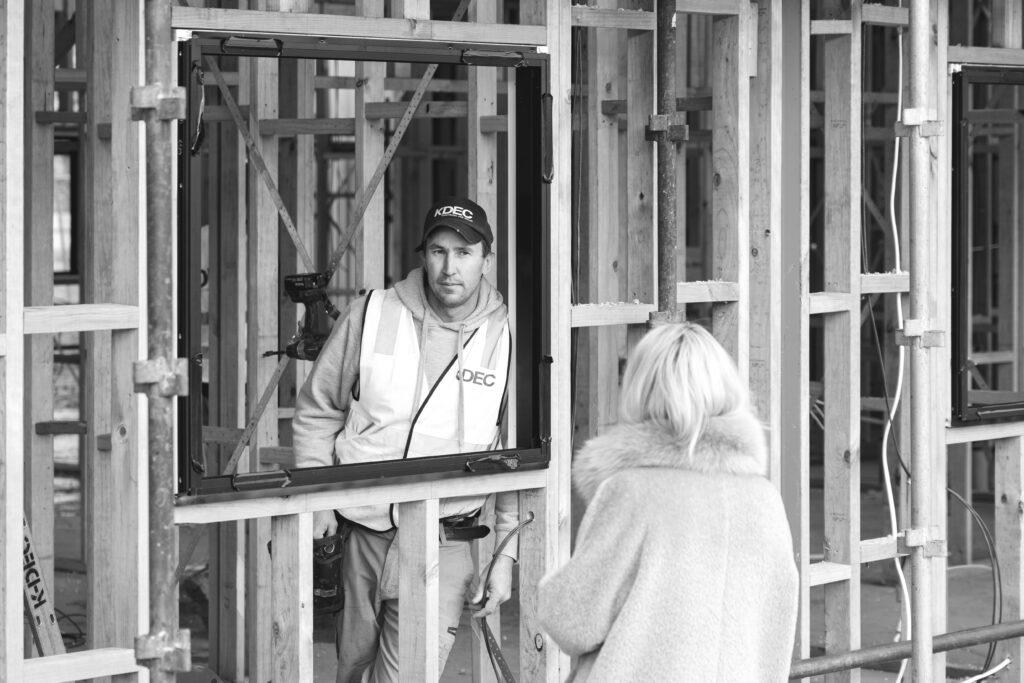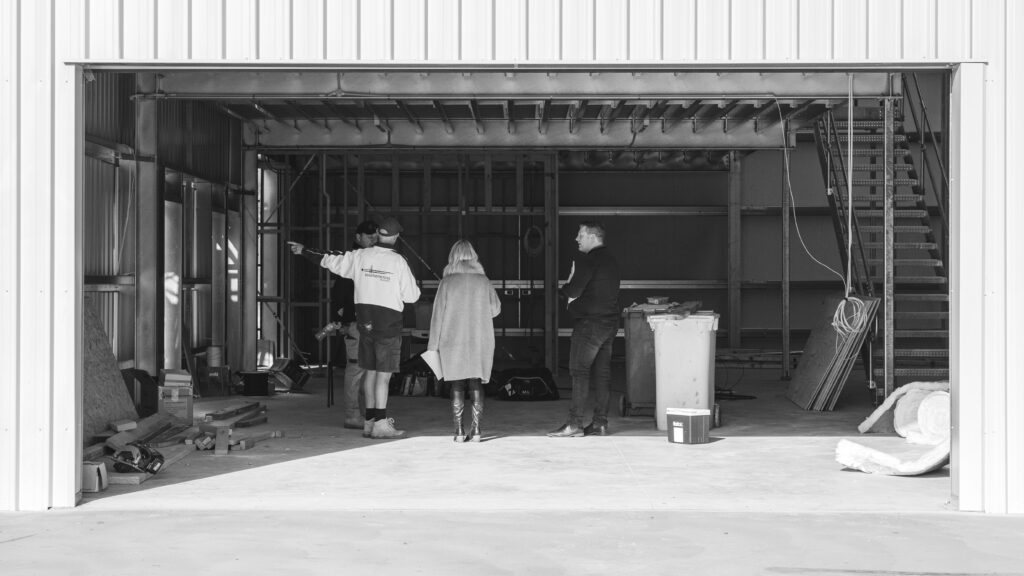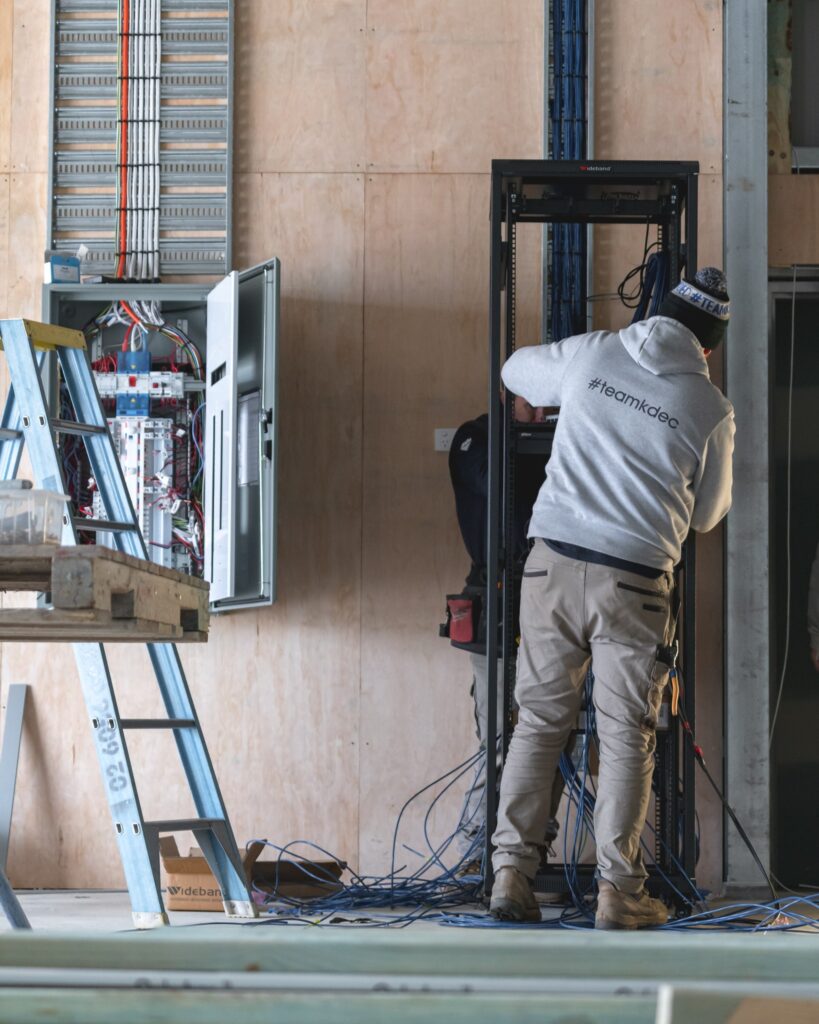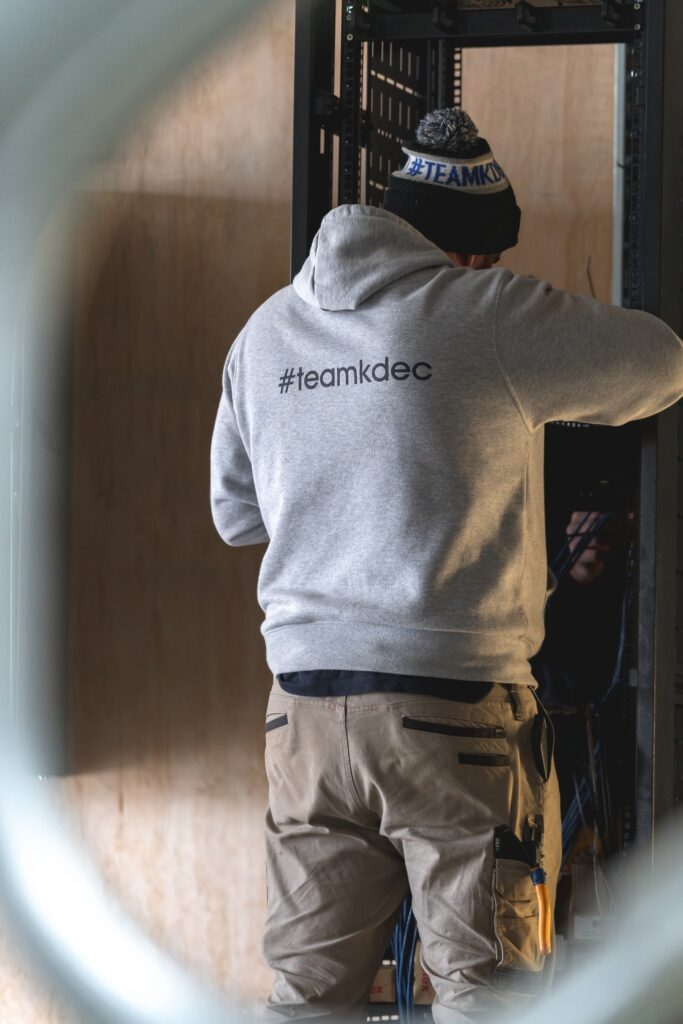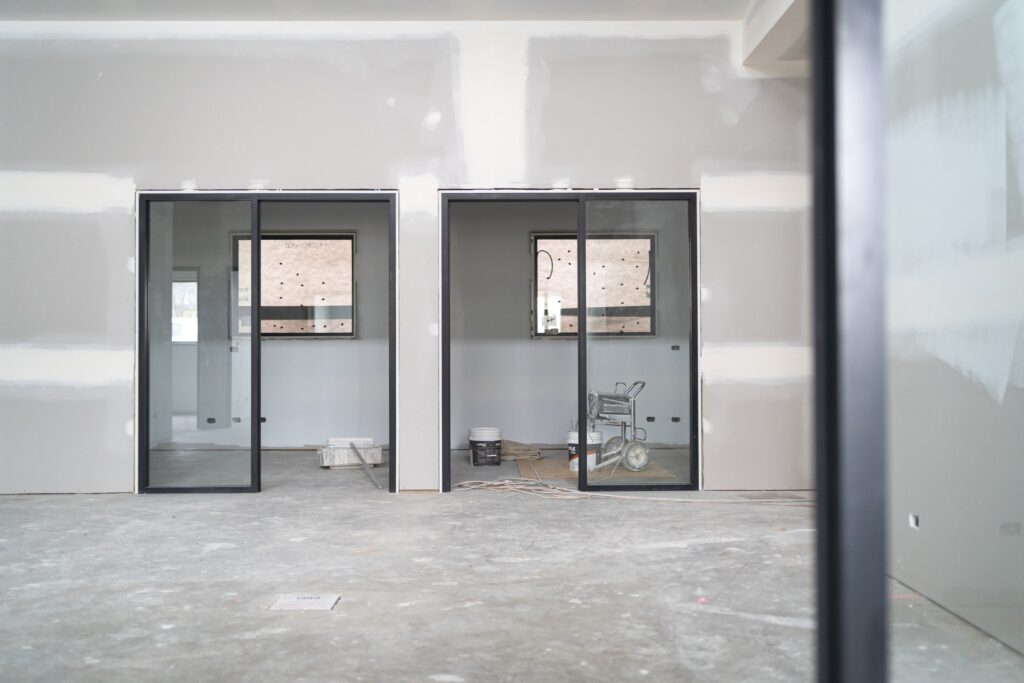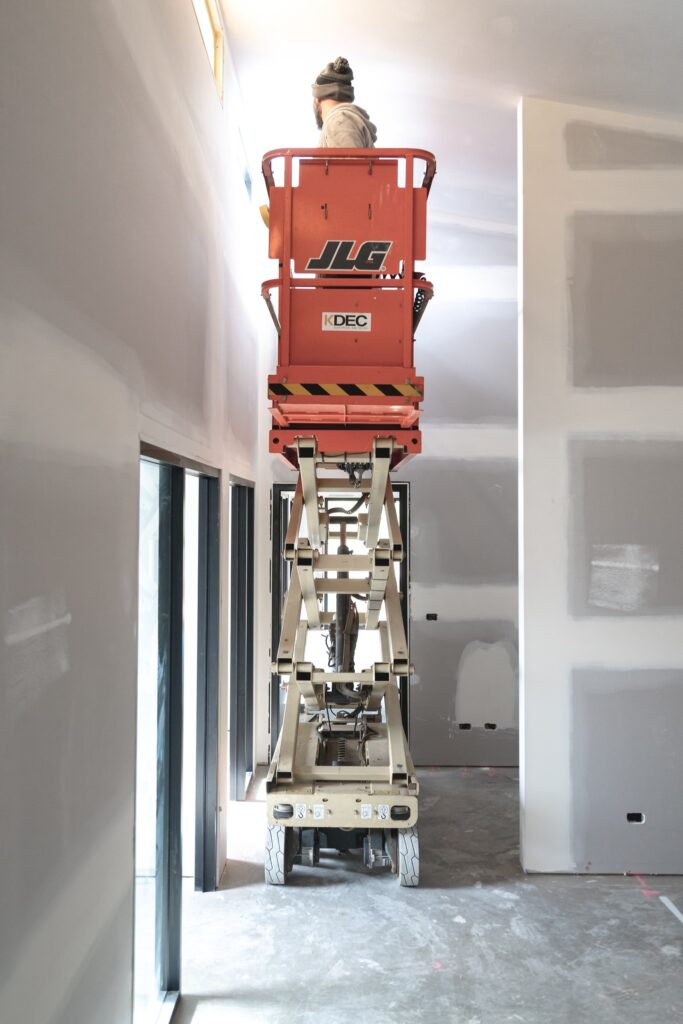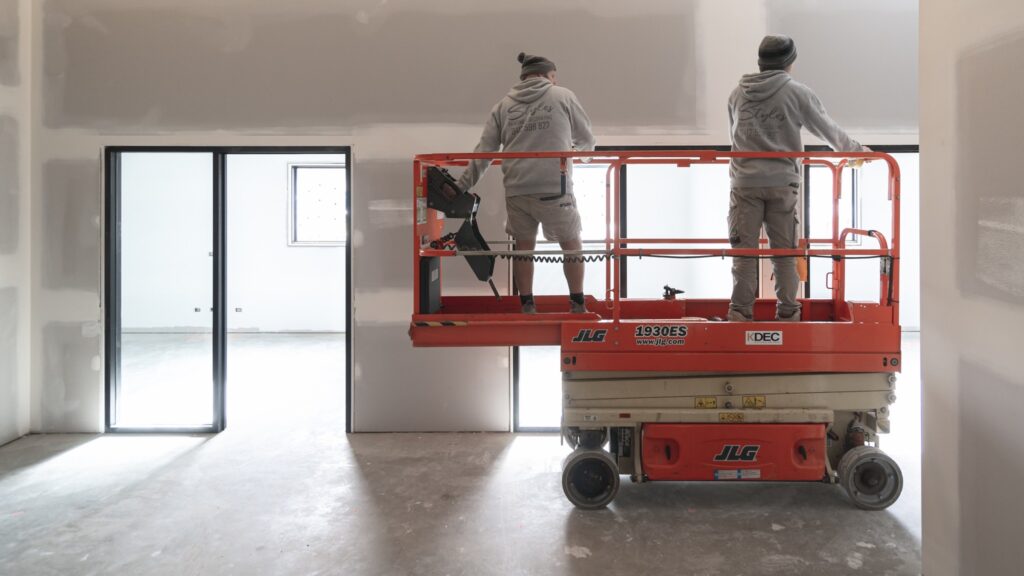18 Mar 2021
Understanding the Work Nature of Commercial Electricians
ELECTRICAL
Electricians are primarily known for carrying out repairs and maintenance work on a house or building’s electrical systems. They also handle the installation of certain electrical devices. Usually, electricians are required to attain formal skills training and apprenticeships in order to achieve professional status.
Although the title of electrician seems like a general term that covers all types of electrical work, there are actually different classifications within this field. These classifications depend on the qualifications, skill set, and overall job nature of the electrician.
There are three main types of electricians: residential, industrial, and commercial. As its title suggests, a residential electrician primarily caters to tasks and projects related to the electrical systems of residential spaces, such as homes and apartments.
In this article, we’ll go through the general background and job nature of commercial electricians. We’ll also explain how they’re different from their industrial counterparts.
Job Nature Of A Commercial Electrician
Commercial electricians basically handle the electrical work in buildings that are not used as residences. In other words, they repair, install, and maintain electrical systems in large commercial buildings. Due to the size of the area that they work in, the projects of commercial electricians are usually large scale, such as installing the wiring systems and circuits for a building’s lights, switches, and power outlets.
In addition, this type of electrician is also responsible for the installation of certain electrical components that are essential to a building’s operations. Some of these include transformers, breaker panels, generators, lighting equipment, and heating systems. They can also work as solar electricians to install solar power systems to commercial units.
Commercial electricians also have to make sure that the features and components of a structure’s electrical system follow local regulations and building codes. They also diagnose potential electrical issues in a commercial building and provides recommendations on how to solve these problems.
Qualifications Of A Commercial Electrician
Like in other professions, those looking to become licensed electricians are required to meet certain qualifications. Aside from having basic education, aspiring electricians should also attend certain courses. According to the NSW Department of Fair Trading, licensed electricians must have a Certificate III in Electrotechnology Electrician. They should also secure a Certificate of Proficiency for a related course from the Vocational Training Tribunal or the Department of Education and Communities.
They should also have at least a year of relevant electrical work experience and must be knowledgeable about certain technical rules related to electrical systems such as the AS/NZS 3000:2018 or AS/NZS 3000:2007. Applicants can gain work experience by participating in apprenticeship programs or working as part of a team led by a licensed commercial electrician.
After meeting these requirements and acquiring the necessary certifications, licensed electricians should still participate in programs and courses that provide further study and on-site training related to commercial electrical services.
Work Environment Of A Commercial Electrician
Commercial electricians generally work indoors. Most of the time, they take on electrical projects in the enclosed spaces of commercial and non-residential buildings. They sometimes work outdoors depending on the scope of the project and the preferences of their clients.
Since their job involves handling electrical systems, they are at risk of suffering from shocks, fires, and other accidents. Fortunately, these incidents can be minimised and avoided through the use of proper safety equipment. Adequate knowledge regarding certain procedures and the use of special tools can also prevent mishaps and injuries.
Although commercial electricians mainly work indoors, their job can still be physically demanding. Oftentimes, they are required to crawl through tight spaces in order to access wiring networks and other electrical components. Also, some tasks require electricians to be physically strong so they can lift and install heavy devices and equipment.
Difference Between A Commercial Electrician And An Industrial Electrician
Due to the nature of their work, commercial electricians are often confused with industrial electricians. Although a basic understanding of electrical systems and principles is required in both professions, they still have varying specialties.
Industrial electricians are often assigned to work on the electrical equipment and networks used in industrial facilities such as factories, mines, and plants. Many of them can be found working for car manufacturers and steel producers. Aside from having advanced knowledge in electronics, they should also be qualified to handle pneumatic, hydraulic, and other types of operative machinery. Depending on their work environment, industrial electricians might also be required to be skilled in robotics.
Like commercial electricians, industrial electricians are also required to have certain qualifications to secure a license. These can be acquired through education and certification courses. They are also expected to undergo apprenticeship training with a licensed and skilled industrial electrician.
Related News
18 Nov 23
Do I Need a Battery For My Home?
With the current energy market being a bit of a mess, many home owners are asking the question; “Should we get a battery?”
15 Mar 22
A Guide To Choosing A Solar Panel For Your Home
Although solar power technology has been around for quite some time now, its widespread use in homes and other residential properties has only started recently. This is most likely due to the growing number of people who are actively choosing to follow a more sustainable type of lifestyle.
25 Aug 21
7 Reasons Why You Should Use Solar Power
The use of solar power has become the leading solution for individuals who are looking to improve their home’s energy consumption and reduce their carbon footprint.






Licence Number: NSW 363462C | Vic 29085
© Copyright 2021 by KDEC Electrical. All rights reserved.
Website by Digital Marketer Bee.



























